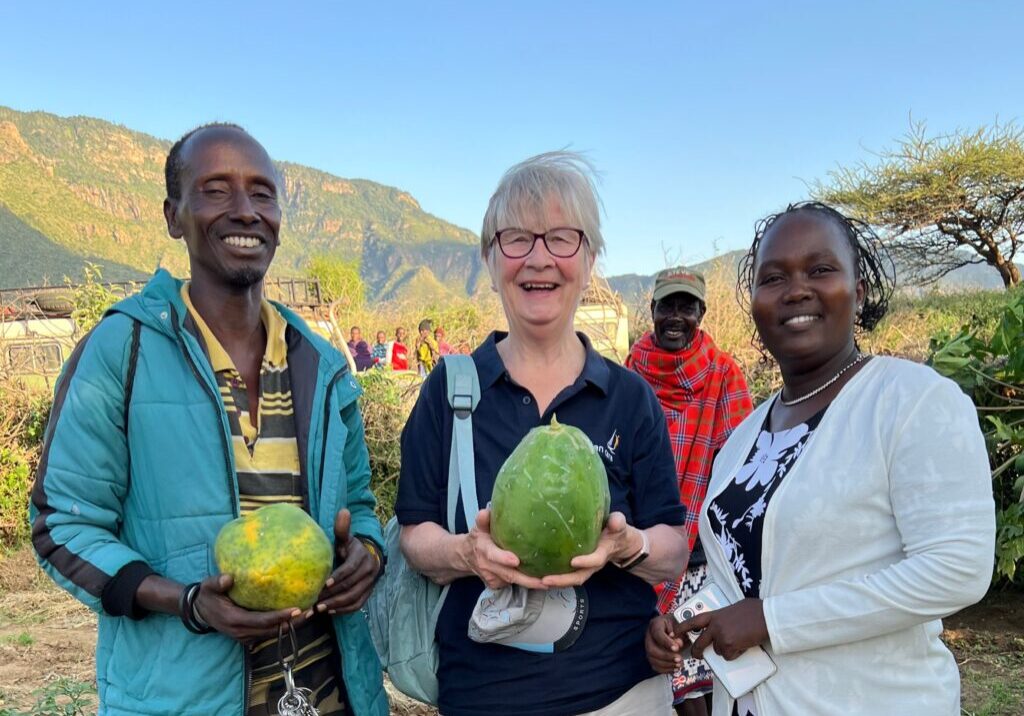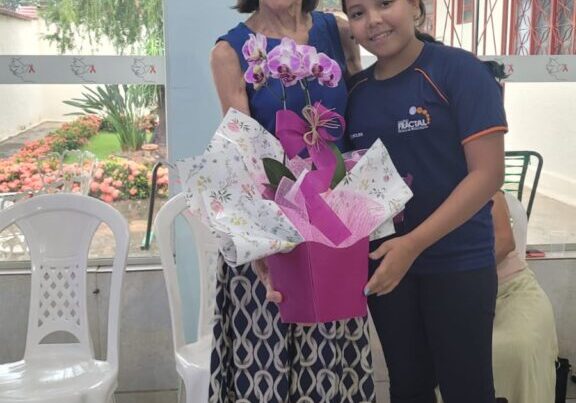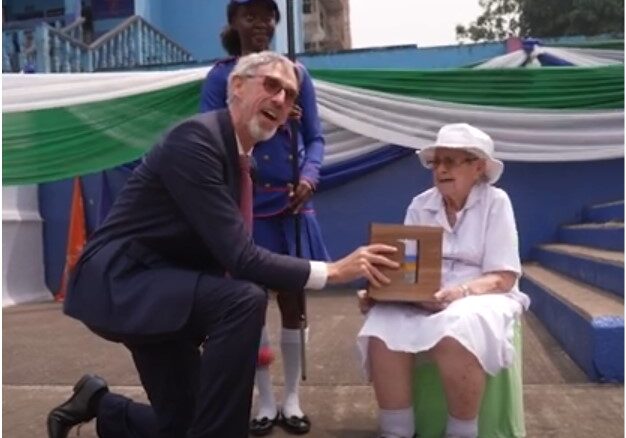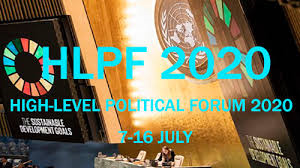
Thomas Pallithanam, Salesian Representative to the UN, looks back over the Forum which was held online for the first time this year.
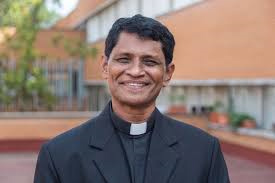
The High Level Political Forum 2020, the 8th to be held since the Forum’s inception in 2013 under the auspices of the UN ECOSOC ended on 17th July, with closing remarks by H.E. Ms Mona Juul, President of the Economic and Social Council. The HLPF 2020 this year saw 31 official meetings of which 8 were Voluntary National Reviews of 47 member states, 22 Special Events, 17 VNR Labs and 191 side events.
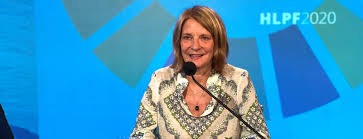
“From Member States, civil society, experts and youth representatives, the message was loud and clear: The 2030 Agenda remains our shared roadmap to achieve the future we want. And, to recover better.” Mona Juul stated in her closing address to the online audience.
Also echoing the sentiments of the young who during the 2 weeks of the HLPF had asked “Why don’t we just change?” “We’ve already changed in ways no one ever thought we could”, she gave the call to “change for the better, and recover better.”
Earlier at the opening session of the Forum, Juul had remarked:
“I think we all recognize that this is a crucial HLPF, as we embark on the Decade of action and delivery for the sustainable development goals. And in the current context, our Forum has become all the more important. We could not have imagined this situation when we chose the theme for HLPF 2020. With the dramatic impact of the COVID-19 pandemic, many of our assumptions are shaken. And some of our aspirations seem out of reach, as weaknesses in our systems and societies have been laid bare. This year, HLPF must maintain the momentum achieved during the SDG Summit last September.”
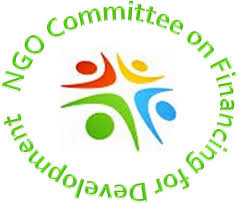
In a sense these were also the sentiments that were expressed during the side event hosted by the NGO Committee On Financing For Development Co-sponsored by the Salesian Missions and several other ECOSCO accredited NGOs. Held on 14th July the event titled “Overcoming systemic vulnerabilities and financing challenges for a fairer and sustainable future: Intentional Collaborative Actions to Address Hunger, Unemployment, and Healthcare in the Context of COVID-19” discussed the issues of Health, Hunger and Unemployment.
The side event was held in the virtual format. The Salesian Missions Inc co-sponsored the event along with Virginia Gildersleeve International Fund, Global Foundation for Democracy and Development and Red Dot Foundation, Congregation of Our Lady of Charity of the Good Shepherd among several others.
Moderated by Anita Thomas, the chair of the NGO Committee On Financing For Development the panel also included Fr. George Menamparampil, Dr. Vishwas Mehta Chief Secretary of the Government of Kerala, India, Dr. Moise Ballo, External Partnerships Officer, WFP New York, Dr. Chantal Line Carpentier who currently serves as Chief, United Nations Conference on Trade and Development (UNCTAD, Ziada Nabembezi Zalwango, Co-Founder and Programs Director at ZACHEDO, Uganda, and Dr. Harsh Mander, Director of the Centre for Equity Studies, New Delhi. Each panellist shared their expertise on how the global community can “Build Back Better” despite the ongoing pandemic.
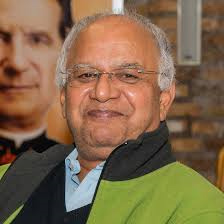
Fr George Menamparampil, Salesian Congregation appointed Coordinator of Emergency Management for Covid-19 illustrated the worldwide solidarity among all the Salesian institutions across 134 countries. He explained that to date, 243 requests for help have arrived at the Covid-19 Emergency Coordination; that the value of the aid offered amounts to nearly 4.5 million dollars; and that 62 countries have directly benefited (31 in Africa, 5 in South Asia, 4 in East Asia, 16 in Latin America and 6 in Europe).
“The numbers at stake are enormous: for example, in India alone, we have touched the lives of over 3.5 million people,” said Fr Menamparampil. “This coordination will continue for as long as is necessary.”
Other panelists at the event had reiterated the challenges in achieving Agenda 2030 that the Secretary General Antonio Guterres had noted: that the world was not on track to deliver the Goals by 2030, that there was unacceptably high levels of poverty and inequality, rapidly worsening climate emergency.
The panelists drew attention to the loss of more than 400 million jobs, to 70 to 100 million people who could be pushed into extreme poverty and to some 265 million people who could face acute food insecurity by year’s end. They also enumerated the initiatives taken up their respective organizations: combating hunger, creating jobs by providing support to micro, medium and small enterprises, building solidarity and creating a culture of empathy and empowering those who are leaving left behind.
The Virtual format of HLPF 2020 helped organizations hosting side events to easily bring together expert panelists and participants from across the globe in numbers that would not have been possible if it was held in the usual manner.
The Salesians’ side event – despite being one of the 191 events that took place during the 2 weeks of the HLPF – saw more than 100 participants, with Salesians from all continents participating in it. Thus, the possibility for dissemination of the messages from the HLPF was far greater than the one previous HLPFs provided.

